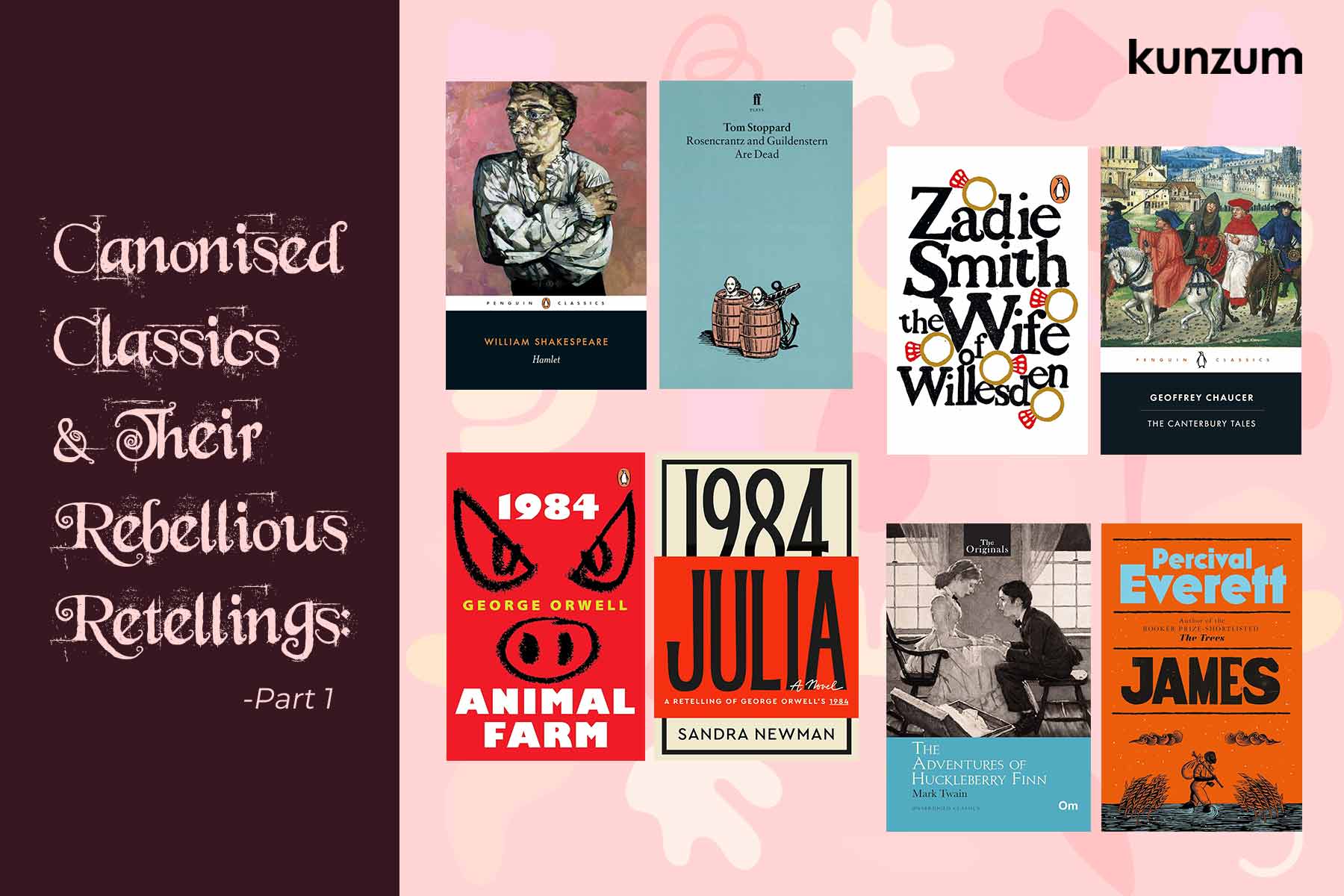
In a curation like no other, this list takes you to remarkable classics and their powerful adaptations, introducing essential and critical perspectives that revitalise and reframe resounding and canonised narratives that have since their publication captured the common imagination. From Newman’s radical retelling of Orwell’s 1984 to Zadie Smith’s vibrant reconceptualisation of Chaucer’s Wife of Bath, these stories make for vital and invigorating reading, fated to excite your literary hearts!
Shakespeare’s ‘Hamlet’
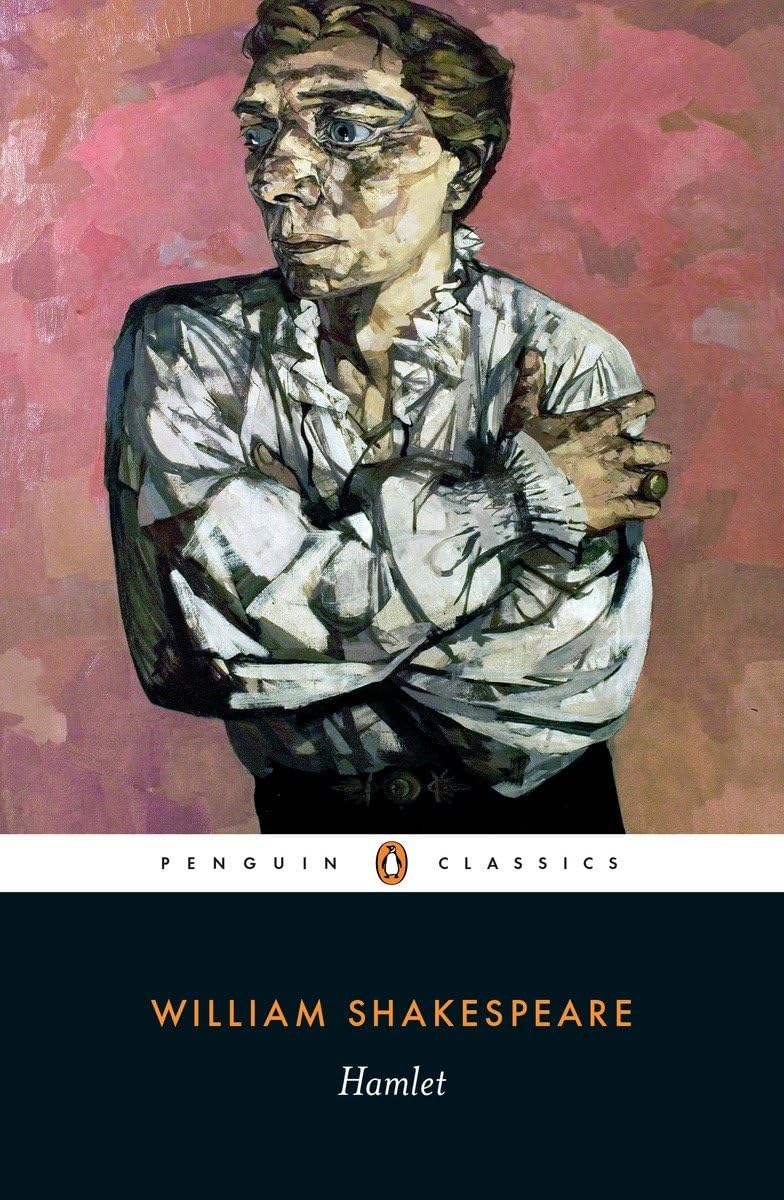
The Tragedy of Hamlet by William Shakespeare
Shakespeare’s longest and perhaps most well-known play, Hamlet takes you to the depths of Moorish Denmark and its revenge-starved princely protagonist. When Claudius kills Hamlet’s father, assumes the throne and marries Hamlet’s mother, poor old Hamlet is beset with a strange mix of inconsolable rage and drunken melancholic grief, setting the stage for one of the most influential revenge tragedies to be written in the English language. Filled with ghosts, premonitions, derangement and a whole lot of death, all in five acts, this Bard’s most prominent play, is perhaps one of the most performed, adapted and perfected English dramas today.
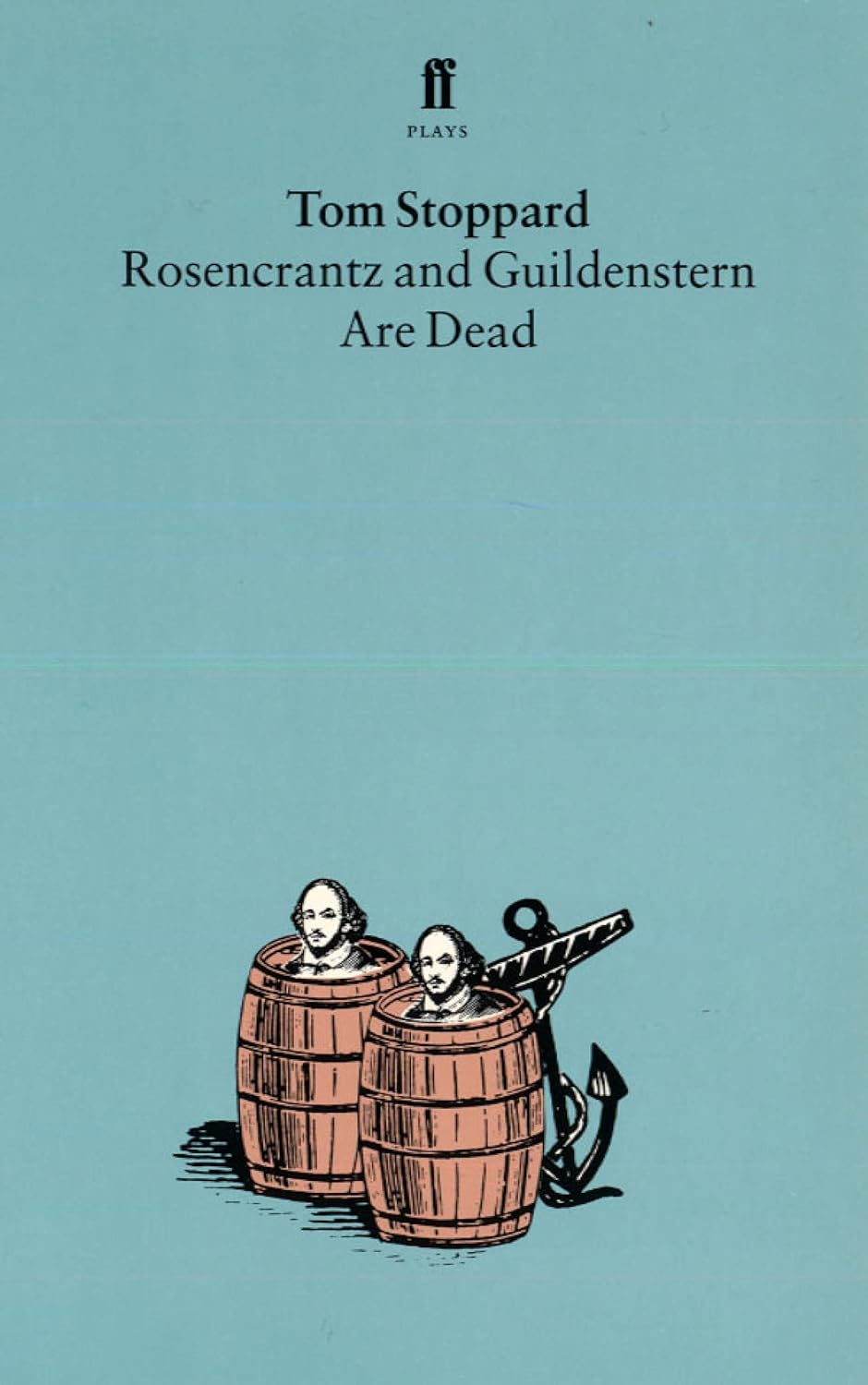
Rosencrantz and Guildenstern Are Dead by Tom Stoppard
Czech-born British playwright, Sir Tom Stoppard, master of comedic wit and philosophical existentialism, revives Hamlet in an ingenious Beckett-esque absurdist drama: Rosencrantz and Guildenstern Are Dead. Instead of casting the main characters of the Shakespearean play, the Stoppardian adaptation narrates Hamlet through a Godot-esque conversation between two Danish courtiers: Rosencrantz and Guildenstern, Hamlet’s childhood friends. A great introduction to those unfamiliar with the works of Stoppard, Rosencrantz and Guildenstern Are Dead is a worthy read for all interested in intellectually provocative and stylistically idiosyncratic literature.
Chaucer’s ‘Wife of Bath’
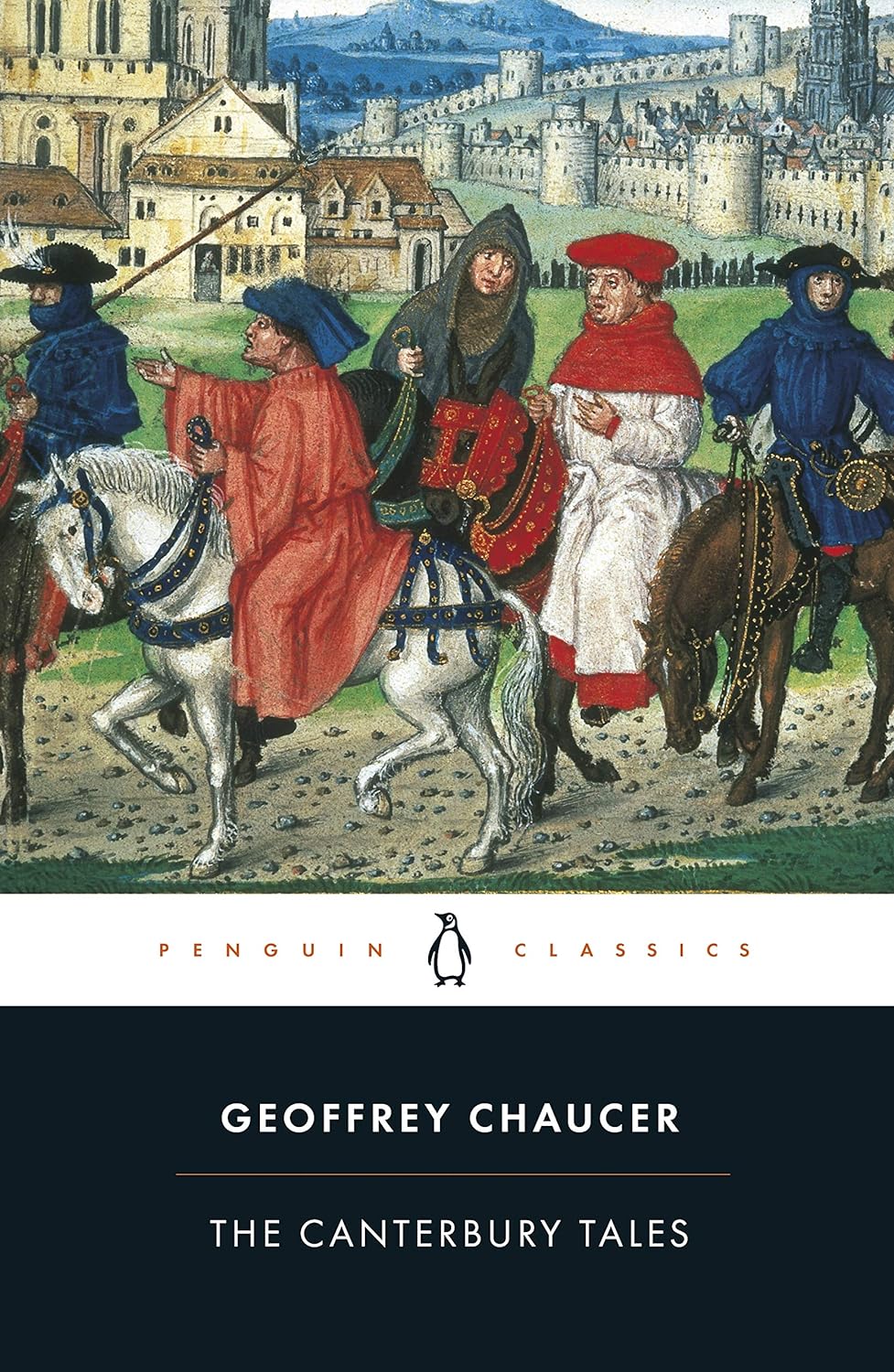
Canterbury Tales by Chaucer
If you reject mediaeval literature as perhaps inscrutable, plain and irreverent in a way that isn’t fun, then let the raucous and extremely raunchy Chaucer change your mind. Delivering brilliant social critiques while taking you through bawdy tales of ass-kissing and all manners of debauched comedy, Chaucer’s greatness and range is perhaps best preserved in his The Canterbury Tales, specifically his character: the ‘Wife of Bath’, an uncensored and irrepressible feminist icon. Amongst the many pilgrims on a trip to Canterbury Cathedral, is Alyson, a multiply married, multiply abused and multiply wizened firebrand of a woman, narrating a tale that investigates the age-old question: ‘What do women desire?’, and in doing so, offers an educated and scathing commentary on mediaeval misogyny and its perverse culture of patriarchy. Showcasing both Chaucer’s modern sensibilities as well as the oft-ignored merit of mediaeval literature, The Wife of Bath’s Prologue and Tale are vital reads that promise to be an adventure into the English language as well as its potential for satisfying humour.
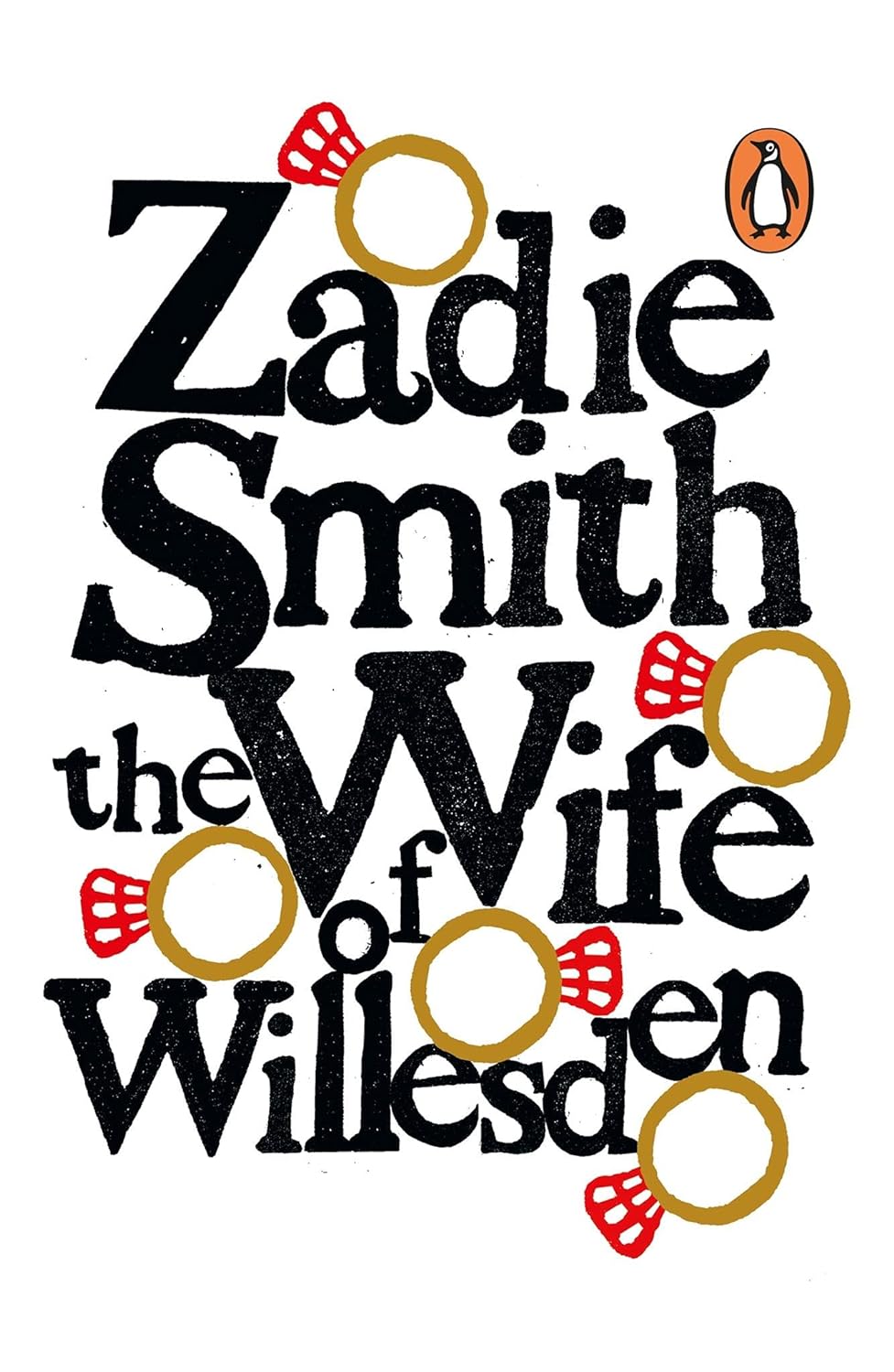
Wife of Willesden by Zadie Smith
From the postmodern brilliance of Zadie Smith, comes a truly exciting literary adaptation, as well as the White Teeth novelist’s first play, The Wife of Willesden– a dramatic adaptation of Chaucer’s Wife of Bath for a 21st-century London audience. Reimagining Chaucer’s pilgrimage as a massive pub crawl, and recasting Alyson as Alvita, Smith breathes fresh humour and life into the revolutionary character from over 600 years ago. Staying true to the course and Chaucer, Smith’s “Wife” delivers an unabashed monologue in-verse, talking ‘best oral’, ‘what husband’ and other many real “truths” to all those who have “ears and eyes”, offering a poignant discourse on sexual power and female autonomy in a still misogynist world.
Orwell’s ‘1984’
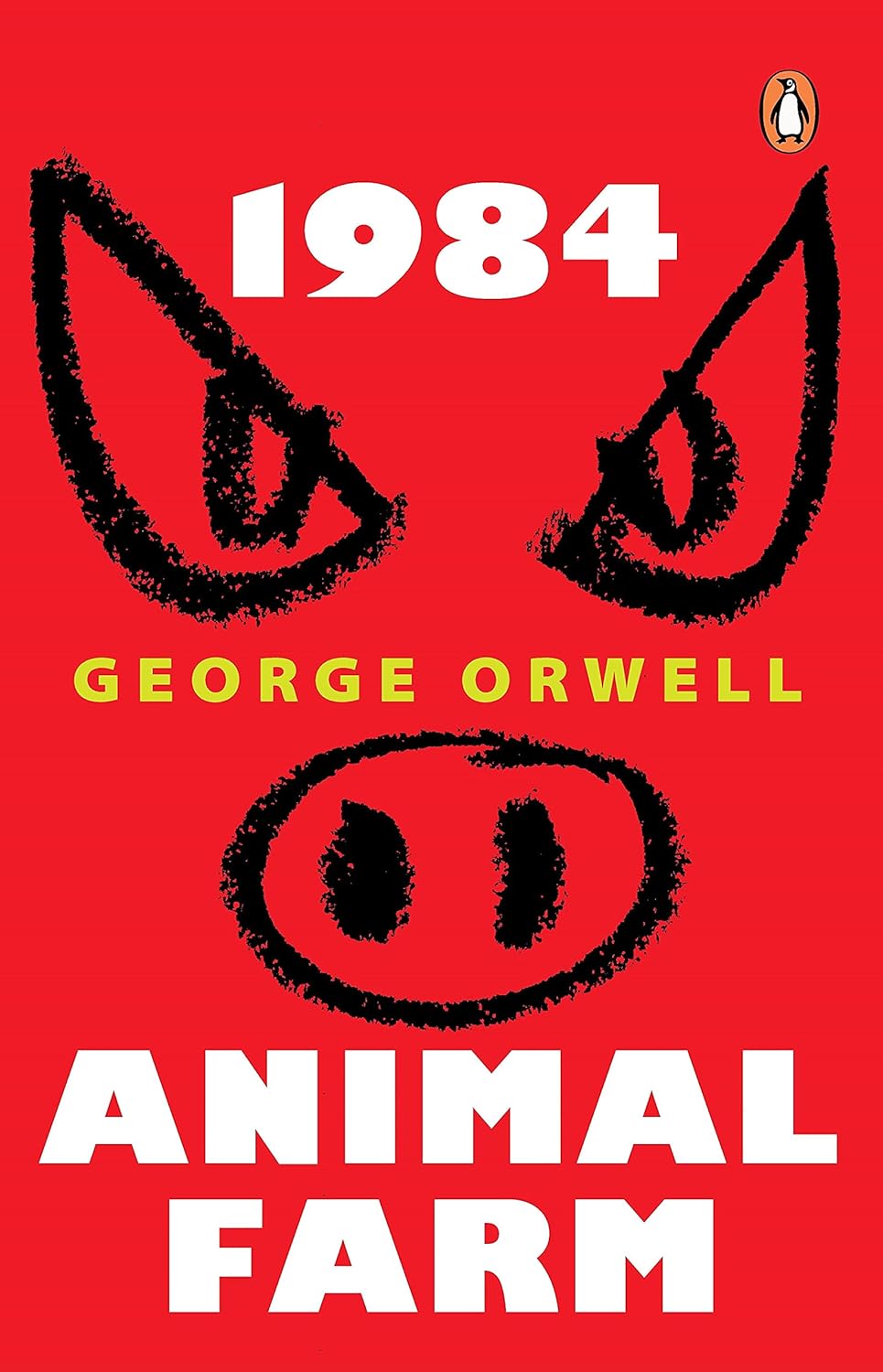
1984 by George Orwell
A book that introduced ‘doublethink’, ‘thoughtcrime’ and ‘newspeak’ to the English language, Orwell’s iconoclastic dystopian novel, an incriminating critique of authoritarian tendencies within states, offers an apocalyptic vision that stays as relevant today as it did back when 1984 seemed like a far-off future. A political thinker and modern intellectual, Orwell’s banned book, written in the throes of feverish tuberculosis, narrates the story of Winston Smith, an employee at the Ministry of Truth in totalitarian London, a secret ‘thought criminal’ officially sanctioned to rewrite history. An essential read for all citizens of the contemporary and its many Orwellian traits, 1984 continues to be a resounding classic and a landmark work of dystopian political fiction.
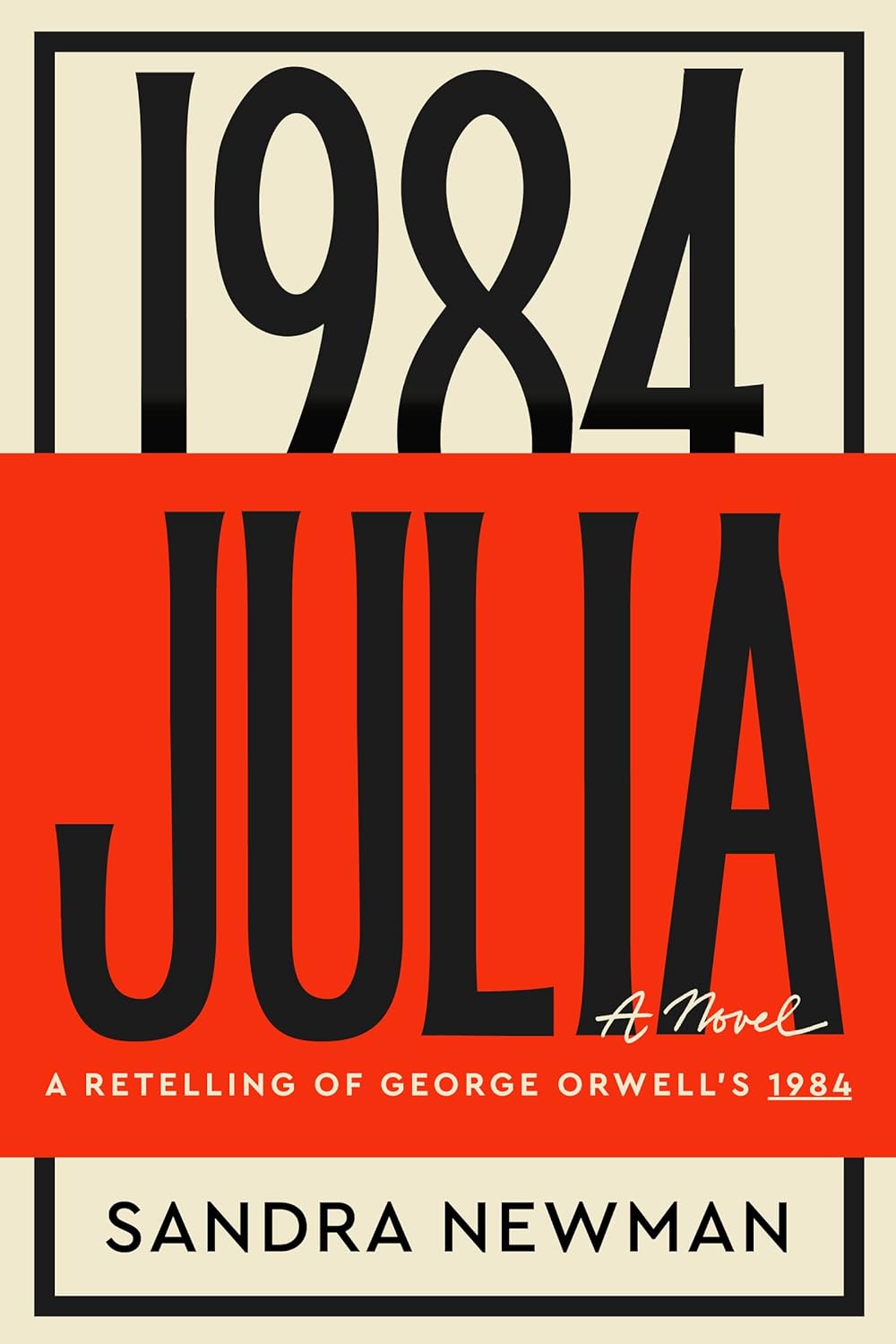
Julia by Sandra Newman
An ambitious retelling that puts Winston Smith’s lover, Julia, at the centre stage, Newman’s rendition of 1984 goes beyond a literary homage, offering a researched and imaginative critique of Orwell’s novel and, through a female protagonist, foraying into spaces that were heretofore unexplored by the original classic. Taking us through Julia’s childhood, sexuality and distinct experience of authoritarianism, Newman’s novel introduces a feminist perspective that authoritatively rebuilds Orwell’s world and thus effectively enriches it.
Mark Twain’s ‘Huck Finn’
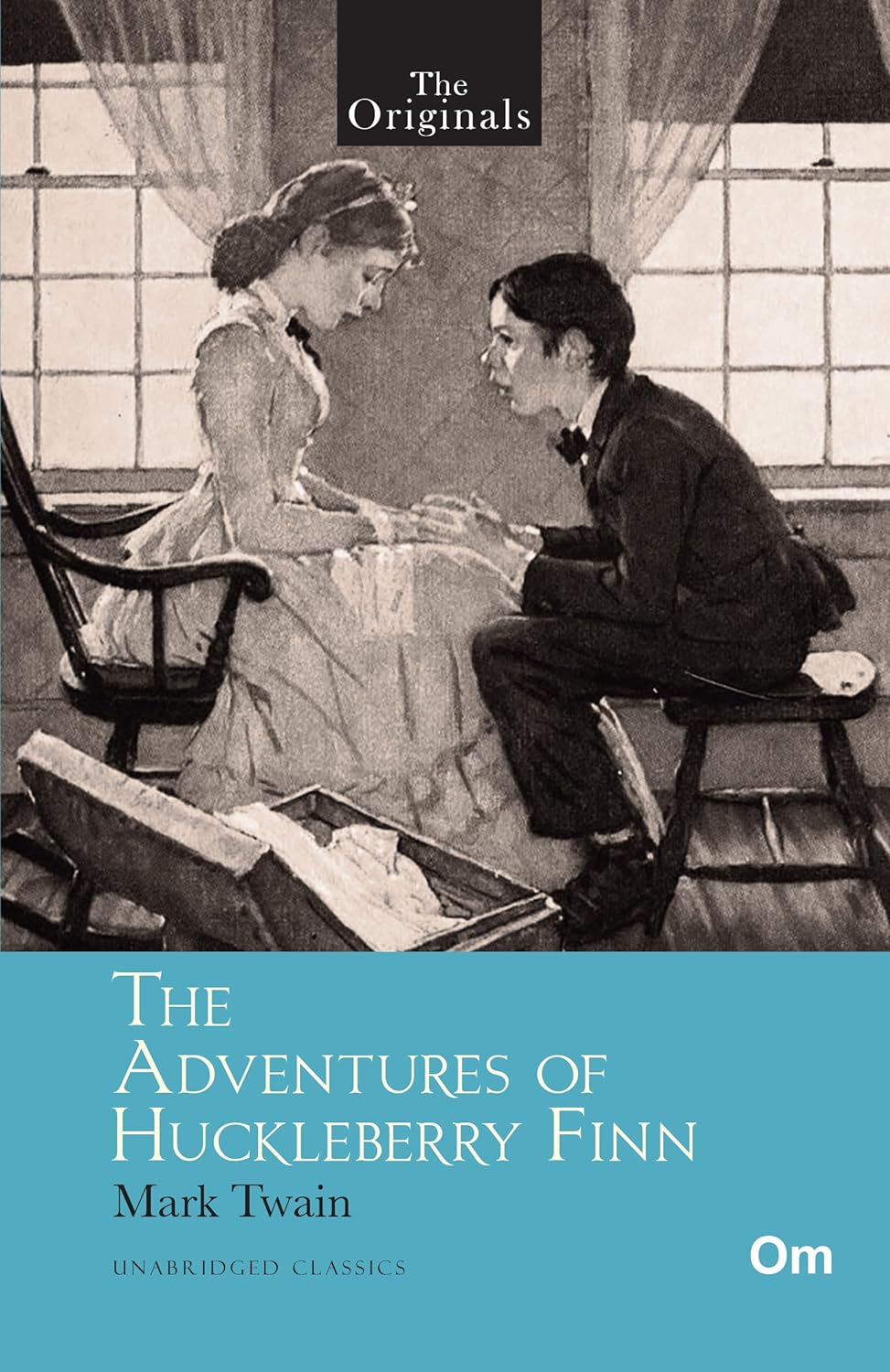
The Adventures of Huckleberry Finn by Mark Twain
Twain’s picaresque bildungsroman, a pivotal part of children’s literature and the canon of English classics is one of the first American novels to be written in vernacular English, including the flavour of local dialects in its portrayal of 1830s Missouri. Sequel to The Adventures of Tom Sawyer, it is a first-person account that tours through the Antebellum South, with a teenage Huck Finn and his companion, run-away slave Jim, navigating the grim realities of slavery and the evolving idea of freedom. Controversial from the moment of its publication, Twain’s novel has now found a steady income of popularity and repute within the English canon.
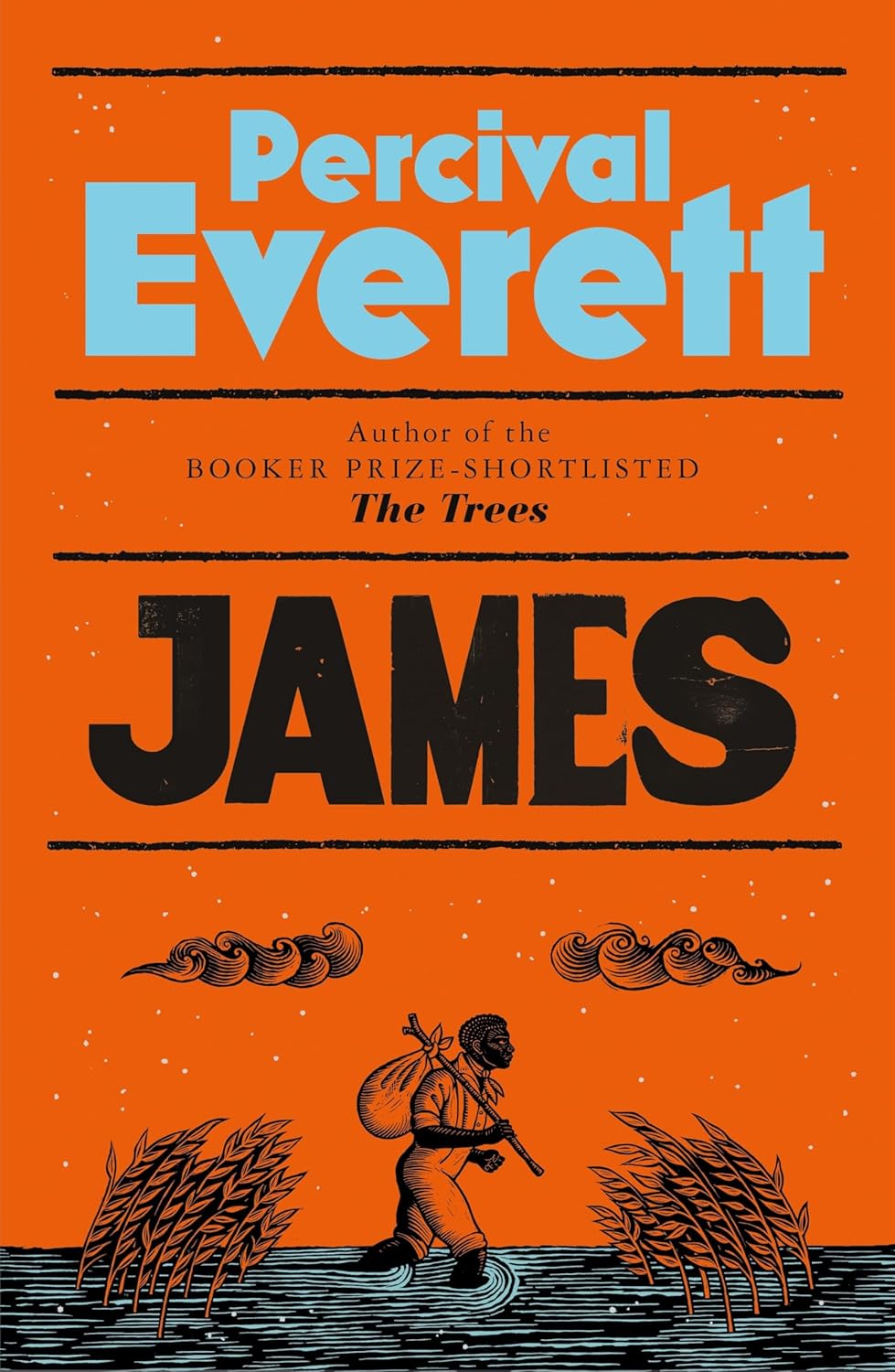
James: A Novel by Percival Everett
From the mind of a self-described ‘pathologically ironic’ American novelist, Percival Everett comes a rip-rolling, easy-to-read adaptation of Twain’s classic, a retelling of Huckleberry Finn from the perspective of ‘Big Jim’, the run-away slave and titular character. A novel that is equal parts funny and equal parts horrifying, Everett’s James takes us back to when Jim is on the verge of being sold and thus at the head of a great adventure across the Mississippi, adding nuance and depth to Twain’s character.
Pick up any one of these 4 Canonised Classics or their Rivetting Adaptations from any Kunzum store or WhatsApp +91.8800200280 to order. Buy the book(s) and the coffee’s on us.
